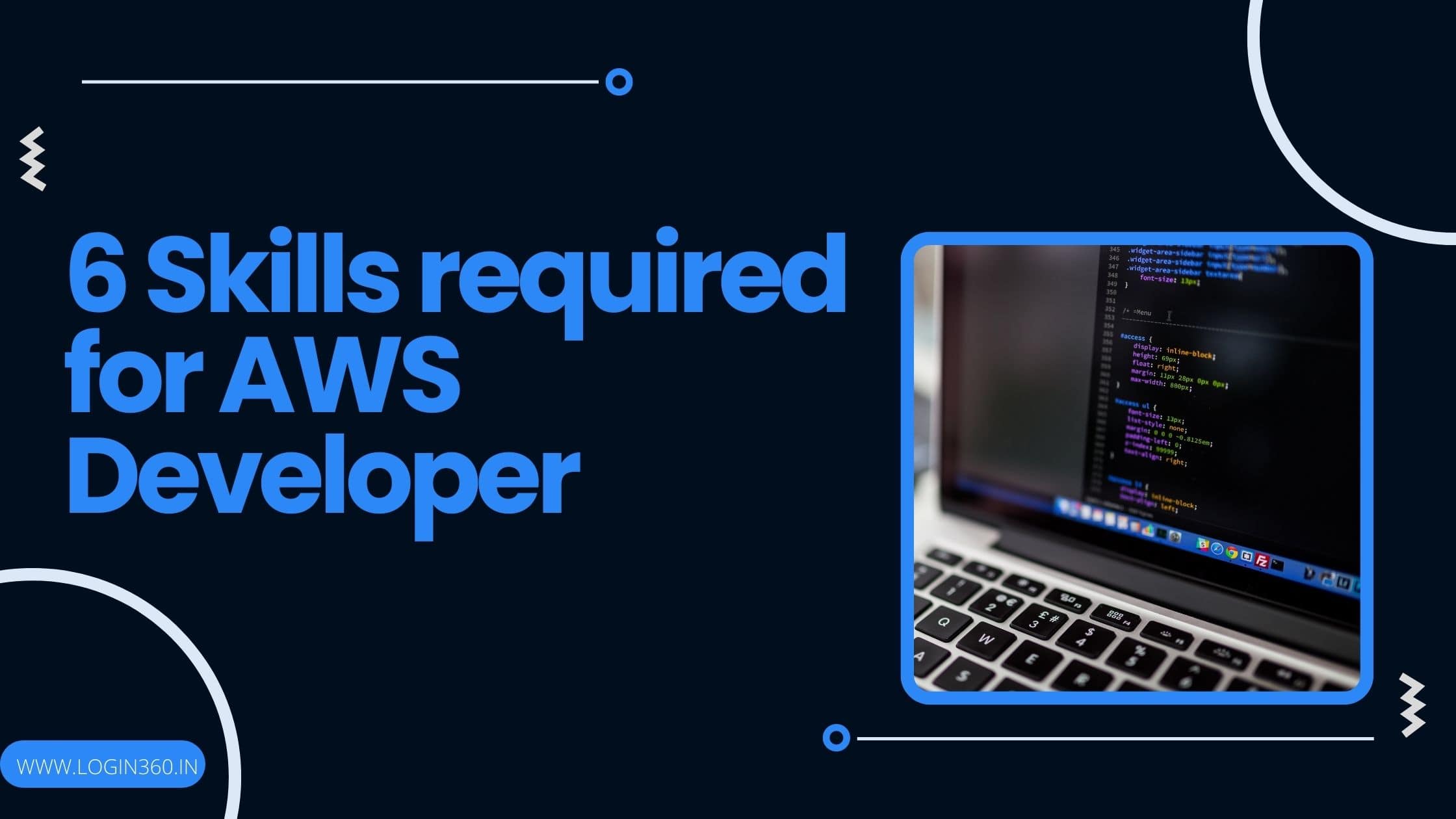

LOGIN360 Software
arunlogin360@gmail.com
06385872810
No-06, Ground Floor, 5th Main Road, Vijaya Nagar Velachery, Chennai – 600042 Chennai - 600042
You can build cloud-based applications using the AWS cloud computing platform. In addition to a multitude of infrastructure and software services, it offers processing power, scalability, dependability, and secure database storage.
Nowadays, a lot of technical job advertisements mention the requirement for some Amazon Web Services knowledge. Whether you work as a programmer, data scientist, data engineer, DevOps, database administrator, data analyst, or management, having knowledge of AWS is a vital skill. Even though some firms use a variety of cloud service providers, the underlying concepts of cloud computing, networking, and storage are mostly the same across all suppliers. I present a list of incredibly helpful free AWS learning resources in the post that follows.
Security
Databases
Serverless
Deployment
Debugging
AWS SDK
The power of AWS occasionally has two edges. It gives you a lot of flexibility but doesn't hold your hand.
Being independent and being well-versed in IAM and the AWS Security Model are essential. Developers' misunderstandings of IAM are likely to blame for the most common defects and issues in AWS.
If you become very familiar with how Roles and Policies function, every element of your AWS work will improve.
Secret management is another challenging subject that frequently comes up.
Secrets Manager, a recently launched AWS service, considerably eases the burden of storing and retrieving any secrets (such as API keys, passwords, etc.) in your web apps.
Every web application needs a database, which AWS provides in a variety of database solutions.
Selecting the right database service for your application is a difficulty. You run the risk of choosing the erroneous option and preventing the development of your application if you don't have a complete understanding of all the options and some of the benefits and drawbacks.
Look at the options RDS is now providing. The degree of interoperability across Aurora, MySQL, and PostgreSQL keeps improving.
Think about the benefits of selecting Aurora over the alternatives.
DynamoDB is still a popular choice for needs requiring a quick and simple NoSQL database.
One of its strongest characteristics is its REST-based API, which does not require continuing database connections.
Lastly, DocumentDB, a fresh face in the AWS database scene, offers support for MongoDB. DocumentDB may satisfy your needs for a document database if DynamoDB does not.
AWS serverless services like Lambda and API Gateway are now assisting an increasing number of developers with their problems.
Every AWS developer needs to have a firm grasp of their use cases and justifications.
Serverless architecture should be investigated and tested because it is great for a variety of functionalities.
More experienced developers might not always understand Serverless because it is a new paradigm.
By gaining some expertise with this new technological paradigm, you may make a statement within your team and inside your organisation.
The Serverless Framework is an open-source framework that greatly simplifies the process of creating apps for serverless architecture.
By using Cloud Formation and the AWS SDK, this framework enables you to use simple configuration files to construct powerful Serverless technologies.
What should you do after creating a web application? Deploying web apps to AWS is one of the most essential and challenging skills an AWS developer should possess.
There are numerous ways to deploy to AWS, and these methods are continually evolving as new ones are created and obsolete ones are phased out.
Due to this modification, it is advised to double-check the following analysis of AWS deployment strategies to make sure that no newer strategies have been introduced.
You should be experienced with manually deploying web applications to an EC2 server.
Understanding this foundation will enable you to expand upon it and maybe create custom automated deployment scripts..
Then, you need to understand how to use CloudFormation to create your application architecture and deploy applications.
You should also be familiar with Elastic Beanstalk and the job it does for you.
Although it is too early to say whether EB is the best or worst service for delivering apps to AWS, it is a good idea to be aware of it because many companies use it.
With the popularity of containers growing, it is also becoming more and more important to be able to deploy programmes utilising Elastic Container Service (ECS) for Docker or Elastic Kubernetes Service (EKS) for Kubernetes.
The frustration of running against a roadblock is understood by developers.
But you also undoubtedly realise how much easier it is to overcome challenges if you've done it before.
In this respect, AWS is equivalent. Every time you fix an AWS problem, it just makes figuring out and fixing the next one that much easier.
Sadly, there isn't a debugging roadmap. Actually, all that's needed is to start and learn about AWS.
Even while the bulk of problems you'll encounter are related to IAM permissions or VPC-based access constraints, there's really no substitute for digging into the platform and creating on it (such Security Groups). You'll run against obstacles and overcome them.
Using the AWS Software Development Kit, your application will interface with AWS through code (SDK).
The huge API layer provided by the SDK allows you to always accomplish something new, even if you are an expert.
Being familiar with the SDK will help you work with AWS because doing so will be simpler.
Developers frequently don't even know where to start when downloading an object from an S3 bucket or connecting to a DynamoDB database.
Instead, be that developer. Discover how easy it is to use one of the most cutting-edge technologies accessible by learning how to use the SDK.
Understanding cloud computing is becoming increasingly important. The edX classes were quite beneficial to me personally, so I would advise at least giving them a shot. If this article was useful to you, subscribe to keep up with my posts. One of my favourite AWS services, EKS on Fargate, is discussed in the post below.